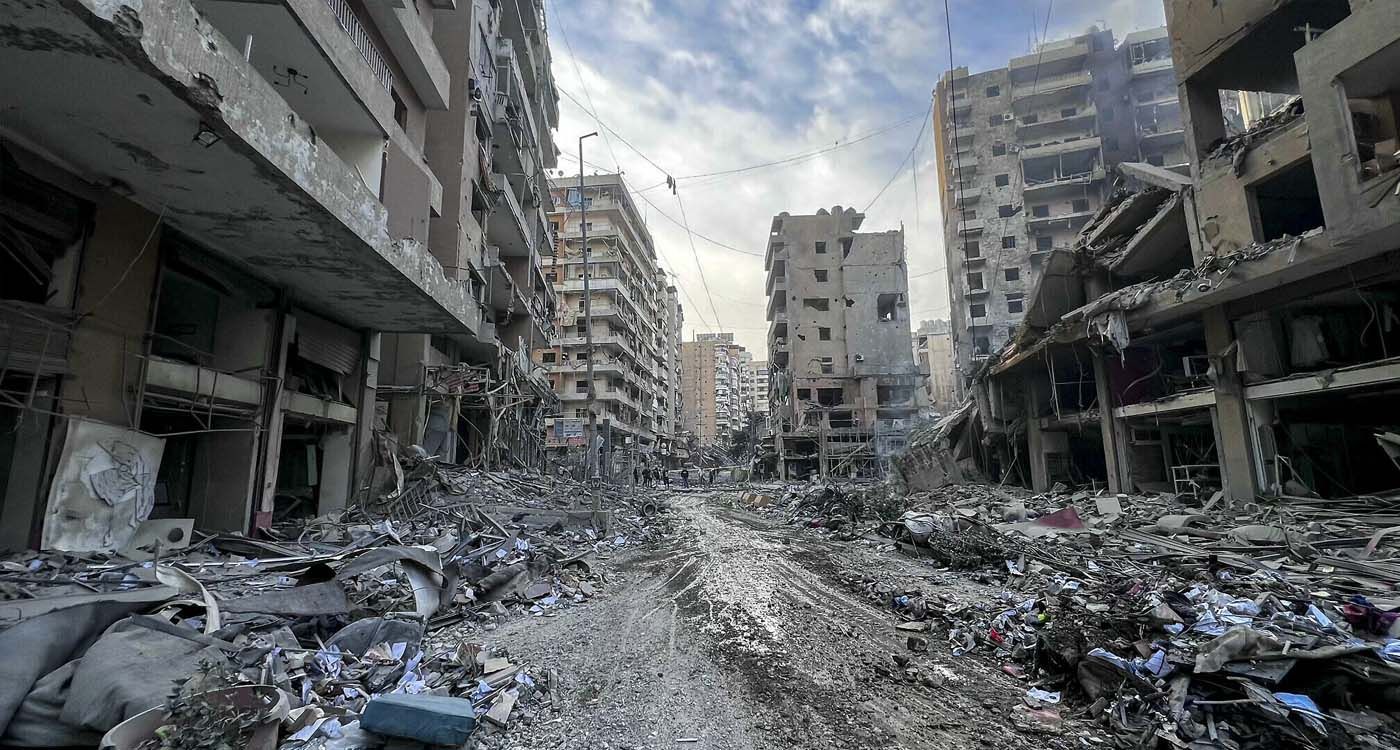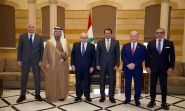
In late August 1982, Beirut bore witness to the aftermath of the Israeli Army's "Operation Peace for Galilee," initiated on June 6, 1982. Following the prolonged siege of the Lebanese capital, approximately 12,000 Palestinian fighters, including Yasser Arafat, the leader of the Palestine Liberation Organization (PLO), alongside senior officials and key Fatah figures, departed Beirut by sea under the safeguard of a multinational force. Subsequently, two other prominent PLO leaders, Khalil al-Wazir and Salah Khalaf (Abu Ayad), George Habash, the head of the Popular Front for the Liberation of Palestine (PFLP), and DFLP leader Nayef Hawatmeh, left Lebanon for Syria along with 600 fedayeen fighters.
This moment marked the conclusion of a grim chapter in Lebanon’s modern history—over 12 years of chaotic armed presence and Palestinian dominance on the local scene. The large-scale military and political withdrawal carried profound regional implications, stemming from a pragmatic decision by the Palestinian leadership in response to the realities imposed by the 1982 invasion.
The PLO leadership faced a critical choice: to continue fighting despite the siege of Beirut, which would only exacerbate unnecessary loss of life and widespread destruction without any realistic political or military prospects, or to turn the page on Lebanon and pursue a new course in their protracted struggle. In a display of realism, they opted for the latter—a decision that proved effective. This choice paved the way for the establishment of Palestinian autonomy in the West Bank and Gaza and solidified the PLO’s presence where it mattered most: within Palestinian territories.
A more recent example of successful political pragmatism was highlighted by MP Antoine Habchi. He recalled that in 1990, Samir Geagea, leader of the Lebanese Forces (LF), gathered over 600 officers, senior officials and department heads to announce, much to their dismay, the decision to dismantle the party’s entire military arsenal—a considerable force in its own right. The political, regional and international context at the time mandated a departure from militia politics and necessitated the boldness to prioritize state-building, opting for the creation of a unifying national state rather than clinging to the hopeless, horizonless path of militia warfare.
Although the LF and its leader would later fall victim to a widespread witch hunt orchestrated by the Syrian regime, their steadfast commitment eventually allowed them to regain their footing after the 2005 Cedar Revolution. Ultimately, they emerged as a powerful political force, gaining recognition well beyond Lebanon’s borders.
These two instances prompt us to confront a crucial existential issue that the Lebanese people continue to bear the brunt of daily. This was clearly reflected in the military escalation that unfolded on Sunday night, one that shows no signs of abating. In the wake of the suicidal war that Hezbollah dragged Lebanon into on October 8, 2023, the group finds itself incapable of demonstrating the same political pragmatism exhibited by the PLO and the Lebanese Forces in 1982 and 1990. The reason is unmistakable: as outlined in its political charter, adopted at its inception in 1985, the Iran-backed party does not control its decisions regarding war and peace, which remain firmly in the sole hands of the Supreme Leader of the Islamic Revolution. More troubling still, in the face of Israel’s vast military machine, overwhelming technological supremacy, and complete control over the region’s airspace, Hezbollah continues to wage a futile battle, driven by a theocratic ideology from another era… These two factors prevent the Shiite group, linked to the Pasdaran, from acknowledging that the option of war is both sterile and illusory. Pragmatism, far from being a sign of weakness, offers the opportunity to pursue the struggle through alternative, non-destructive means.
Limiting current mediation efforts to a fragile ceasefire would only set the stage for future armed conflicts. The real, underlying issue must be addressed: a decisive solution is required to counter the irrational strategy in which Hezbollah is trapped, a strategy that stems from the hegemonic ambitions of the mullah regime in power in Tehran. It is at this regional level that the international community must take bold, transformative action to genuinely support Lebanon.




Comments